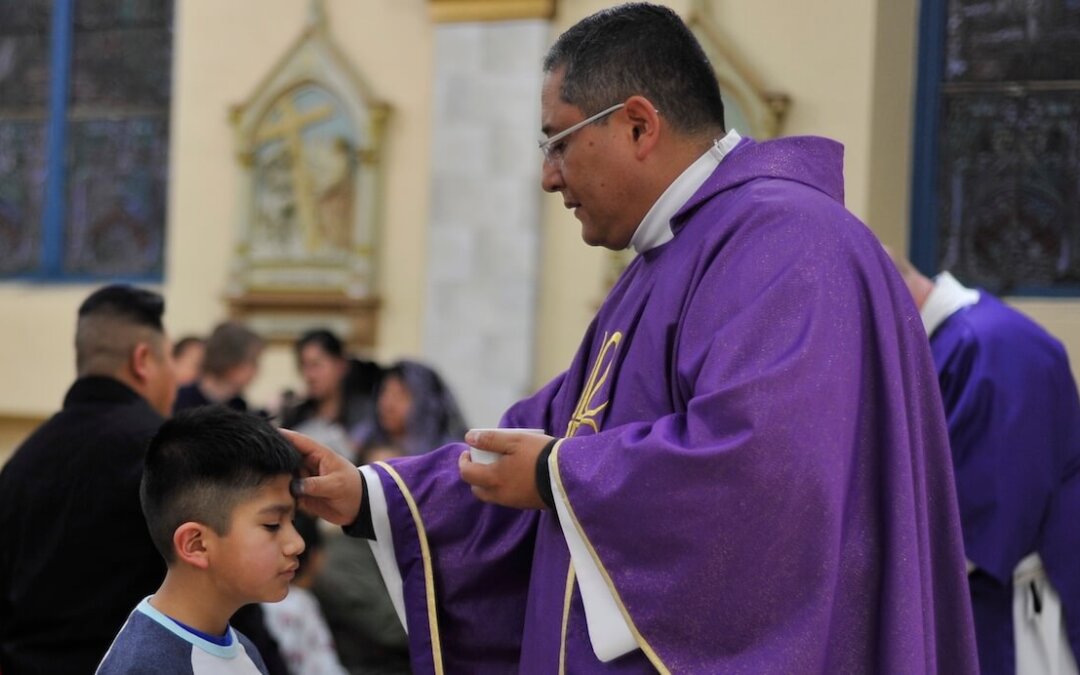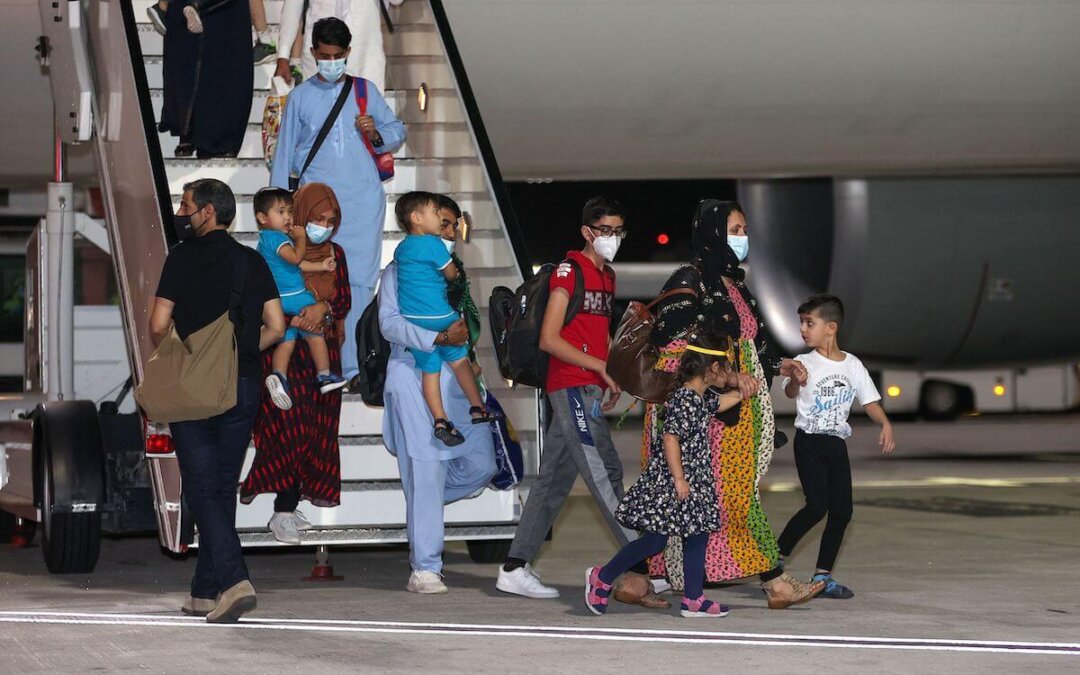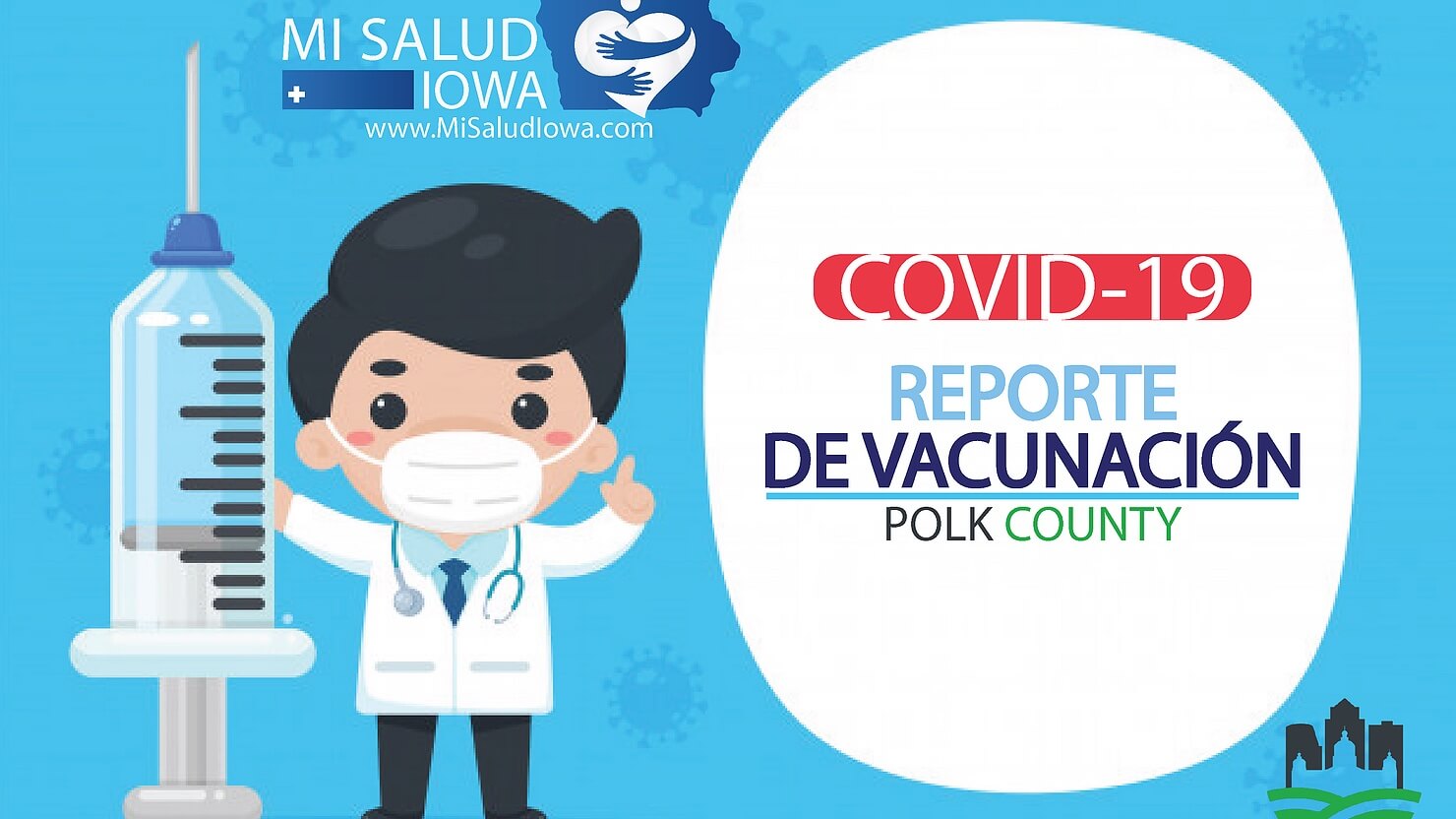
Image via Mi Saluda Iowa website
What a year 2020 was for Iowa and the nation. The November elections brought hope, yet certifying the electoral votes would not take place until after a mob of domestic terrorist, incited by Donald Trump, desecrated the nation’s Capitol.
But the end of 2020 was also marked by hope with the emergency approval of two vaccines that may help bring this pandemic nightmare to an end. The fact that persons of color are adversely impacted by the virus should have been a warning sign for challenges to come as the vaccine becomes available.
Hope continues as President Joe Biden started his administration with several executive actions that are setting the tone for the next four years and may give us some reprieve from this health crisis. The lack of logistical preparedness and strategy on the vaccine front from the Trump administration will cost us dearly — precious time was wasted and now states are left to figure things out, some with more success than others.
One of the consistent issues we face in the pandemic is the disparity and impact it has in communities of color who historically have been the target and subject of racist health practices, experiments and policies.
[inline-ad id=”1″]
To win our fight against the virus, we need high levels of vaccinations. We can’t leave behind others we neglected in the past. So how do we gain the trust of those who are skeptical?
Comments, whispers and even jokes about the side effects of the vaccine are prevalent in communities of color. I began to wonder what is being done to dispel misconceptions and educate groups that may be afraid of or suspicious about the vaccine.
Polk County Public Health has been at the forefront of many local health crises, so I reached out to Communications Officer Nola Aigner Davis to learn about their education and outreach efforts with underrepresented communities.
“The department is reaching out to immigrants and refugee communities through a program called Train the Trainer,” she told me. “In partnership with (RACI) Refugee Alliance of Central Iowa, we offer a COVID-19 vaccine training program for Ethnic Community Based Organizations.”
[inline-ad id=”2”]
The program trains the leaders, champions and health workers in the specific communities about the COVID-19 vaccine, as well as figuring out specific concerns each community may have. Those concerns can range from religious, medical to cultural issues, unique to each group. She added that “each community is very different, and the department develops a training that is unique to each community addressing those concerns.”
Nola expressed that each leader will be trained to go out and educate their communities. Those leaders will be paid for their time and translation, and the department will also provide the materials in their own language. This program started in mid-January.
Another obstacle is that many non-citizens in the Latino community work as essential workers, which makes them more vulnerable to contract the virus; we all know what happened with the workers at the meat packing plants nationwide and in Iowa. Nola confirmed that the only documentation needed is one that establishes identity. They do not require paperwork nor ask questions about legal residency.
Ana Coppola, Polk County Health Department Public Health Planner, works directly with the Latino community.
“We at the Polk County Health Department are engaging the Latino community by providing a clear message to build trust in the COVID-19 vaccine,” she said. “We have a variety of strategies including misaludiowa.com, social media, PSAs on the Latino radio stations, and a TV campaign with Galavision and Telemundo, two national Spanish television networks.”
[inline-ad id=”3″]
Initial estimations from the total number of Polk County residents who have been vaccinated (over 38,000) indicated that 2.3% identified themselves as Hispanic. In addition, the vast majority of vaccinated residents have been white-only (over 75%). These numbers included residents who have been included in the target populations (health care workers, age 65+ residents, school staff, and first responders).
To learn more about the misconceptions in different refugee communities, I spoke to James Aguek, director of the Abyei-Ngok Community Association, a non-profit organization that assists South Sudanese refugees and others.
“One of the problems is that there is a lot of misinformation about the vaccine, some people in my community think that if they get vaccinated are going to die, so they are afraid,” said Aguek.
Another challenge faced by the organization is that that community members speak different languages and different dialects. He is working with the Polk County Health Department in order to educate and encourage his community about the vaccine.
I am pleased to see that at least at the local level, the county health authorities fully grasp the importance of reaching out to the most vulnerable communities. Many of the educational resources from their efforts can be shared at the state level, but we also need statewide messaging and vaccines that reach all 99 counties in order to beat the spread of the virus.
[inline-ad id=”0″]
We lacked state leadership at a cost, the lives of over 5,000. Just one need to do is to step into the state capitol to see legislators refusing to wear a mask to protect others.
The fight for our lives against disparity, the virus and the politics that insist in challenging science and common sense is not over. Let us not rest on the relief of a better president — mid-term elections are around the corner.
by Claudia Thrane
Posted 2/4/21
Iowa Starting Line is an independently owned progressive news outlet devoted to providing unique, insightful coverage on Iowa news and politics. We need reader support to continue operating — please donate here. Follow us on Twitter and Facebook for more coverage.
Politics
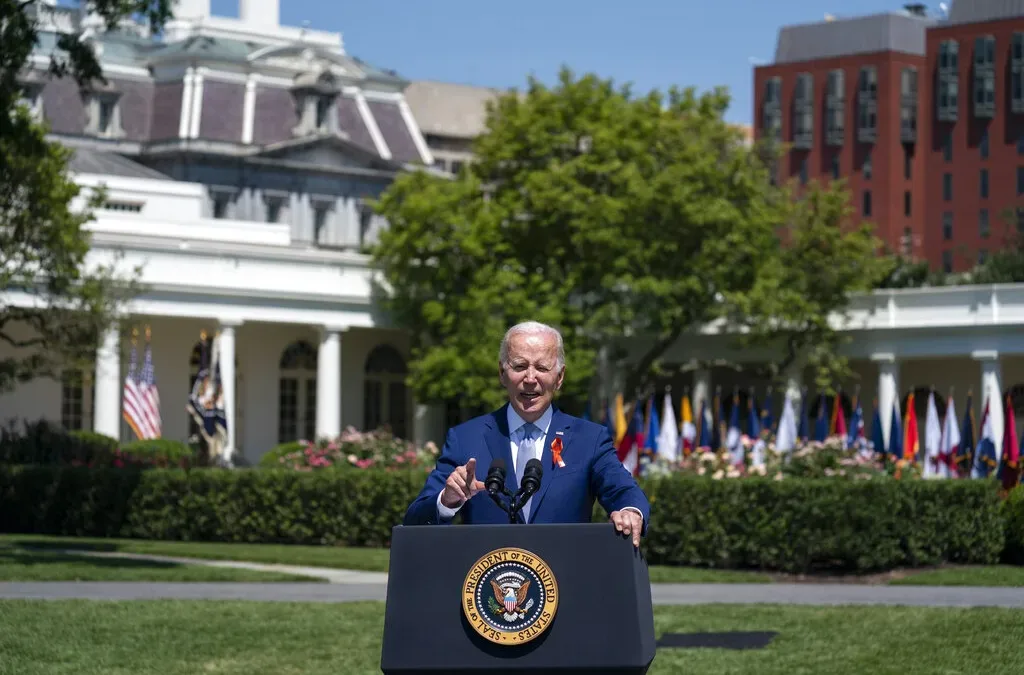
Biden announces new action to address gun sale loopholes
The Biden administration on Thursday announced new action to crack down on the sale of firearms without background checks and prevent the illegal...
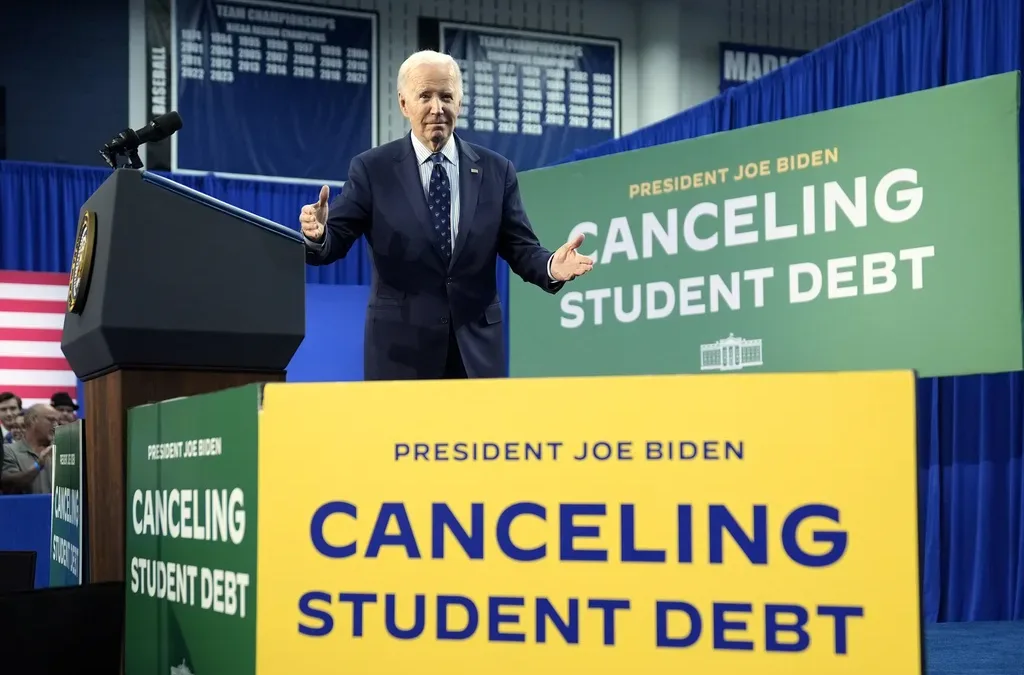
Biden cancels student loan debt for 2,690 more Iowans
The Biden administration on Friday announced its cancellation of an additional $7.4 billion in student debt for 277,000 borrowers, including 2,690...
Local News

No more Kum & Go? New owner Maverik of Utah retiring famous brand
Will Kum & Go have come and gone by next year? One new report claims that's the plan by the store's new owners. The Iowa-based convenience store...

Here’s a recap of the biggest headlines Iowa celebs made In 2023
For these famous Iowans, 2023 was a year of controversy, career highlights, and full-circle moments. Here’s how 2023 went for the following Iowans:...



